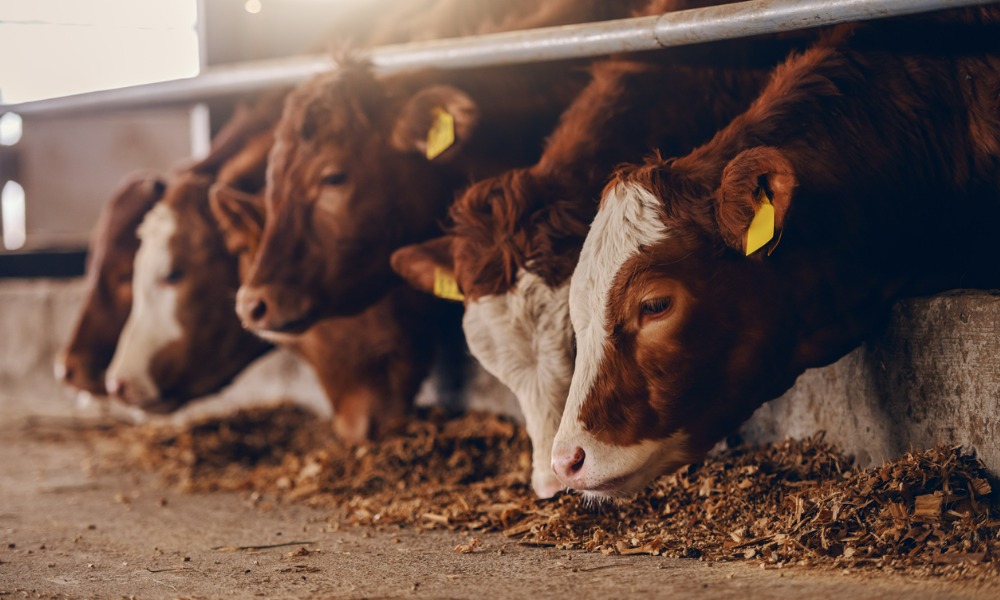
The group asserts that privacy laws are being used to prevent exposure of industrial animal abuse

In Australia’s first challenge to ag-gag legislation, the Farm Transparency Project has targeted an NSW law which restricts the use of cameras and audio recorders on private premises, arguing the law is being used to limit public awareness of animal cruelty on farms and in slaughterhouses.
"The term 'ag-gag' describes a variety of laws which seek to hinder or 'gag' animal protection advocates by limiting or preventing them from recording the operations of commercial agricultural facilities, or from making those recordings public," animal protection group Voiceless said on its website.
Farm Transparency Project challenged the Surveillance Devices Act 2007 (SDA), section 11 of which prohibits the publication or communication of footage or photographs of “private activities.” Section 12 of the Act also criminalises possession of such material.
Penalties of up to five years in prison can be imposed for violating the legislation.
"While not originally intended to cover intensive farming and slaughtering operations, NSW police have increasingly sought to apply it in such a way," Farm Transparency Project said.
Ultimately, the case asserted the implied freedom of political communication in the Australian Constitution. Farm Transparency Project said that sections 11 and 12 of the SDA "impermissibly burden" this freedom, and argued that ag-gag laws "seek to hinder the exposure of systemic, commercialised animal cruelty, in turn limiting the ability of the Australian public to know what they're paying for when they purchase meat, dairy and eggs or attend horse or greyhound racing."
The organisation shared that director Chris Delforce was charged under the SDA in 2015 "following the publication of footage depicting lawful cruelty in numerous piggeries and the country's largest pig slaughterhouse." Delforce told Sydney Criminal Lawyers in an interview that the SDA's intention "was more about individual privacy in people's own homes," such as "preventing people [from] putting hidden cameras up in bathrooms, etc."
He added that "it was never meant to target activities like the intensive farming of animals, especially where there are no workers or people around." Moreover, "businesses don't have the same right to privacy as individuals do, so there is no real argument to say that we're infringing upon the business' privacy by publishing these photos."
Farm Transparency International Ltd & Anor v. State of New South Wales has yet to be heard by the High Court.